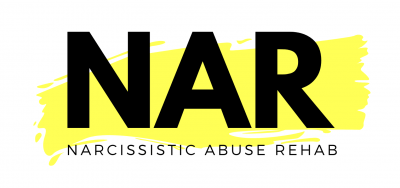Discover the powerful role weightlifting can play in mental health recovery, physical fitness and general self-care.
Mental Health
PTSD and depression cooccurence is associated with a greater risk of mortality in women through the development of adverse health outcomes.
Parent child alienation syndrome is a controversial theory by Dr. Richard A. Gardener that pathologizes children who withdraw from a parent.
WHILE THE TOPIC of mental health is more widely discussed now than in the past, people experiencing loneliness, depression, anxiety, isolation, and hopelessness often feel judged by others. Unfortunately mental health challenges are as stigmatized now as ever and the consequence is that people who need support are reluctant to reach out for help. As the Chief Executive Officer of…
Our theme for the month of November is Men’s Mental Health and Suicide Awareness. Narcissistic Abuse Rehab will be using our platform to raise awareness on these critical issues. Men often neglect their mental health Social pressure on men and boys to conform to traditional gender roles can place a heavy burden on men’s mental health. Physical strength, stoicism, dominance and controlling behaviors…





